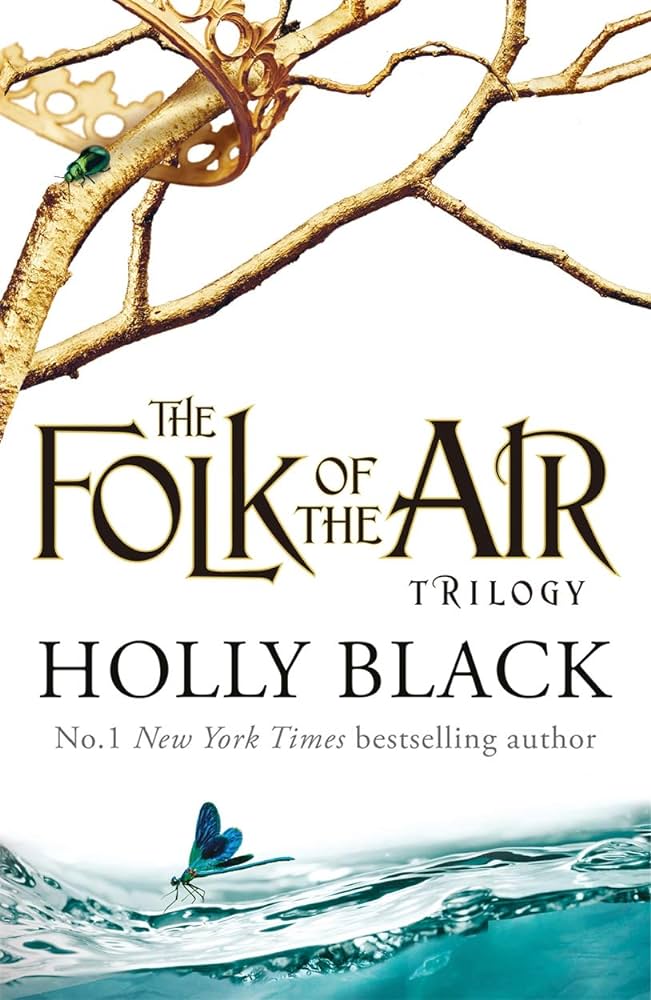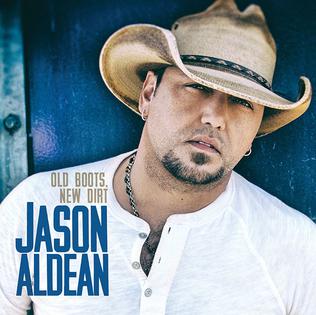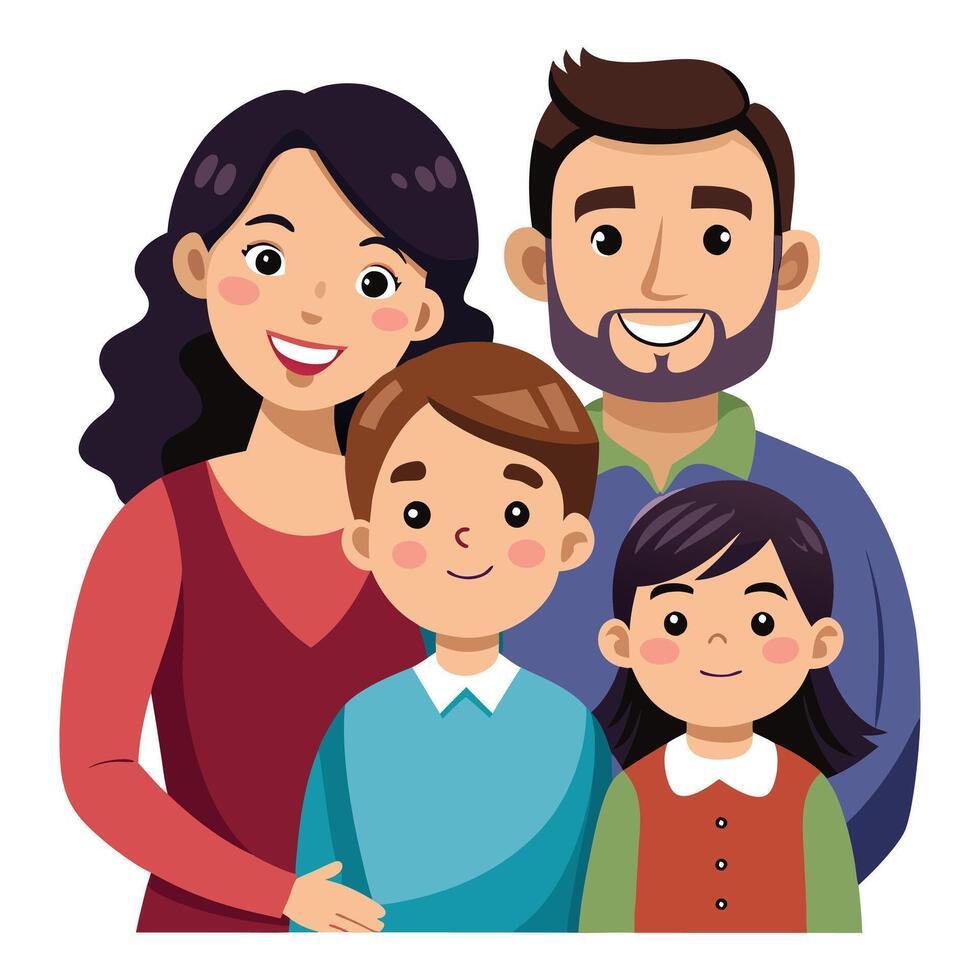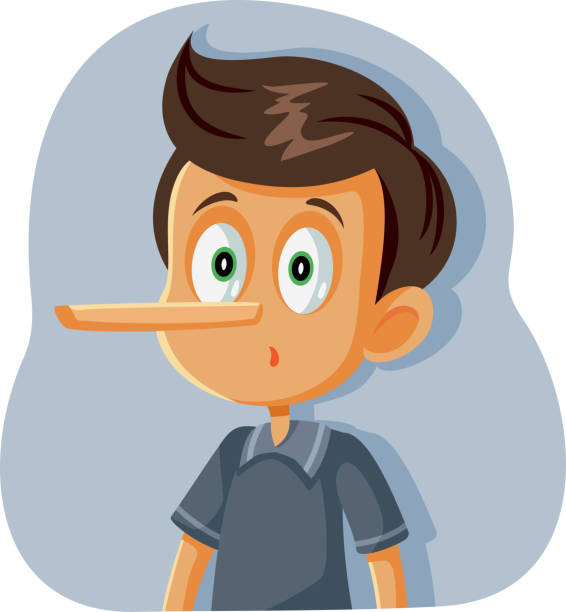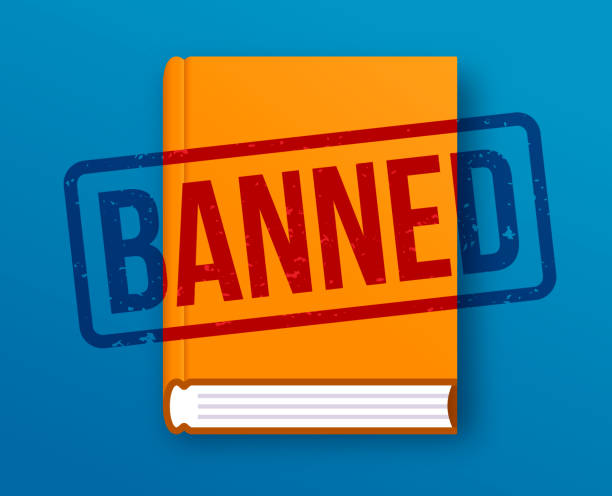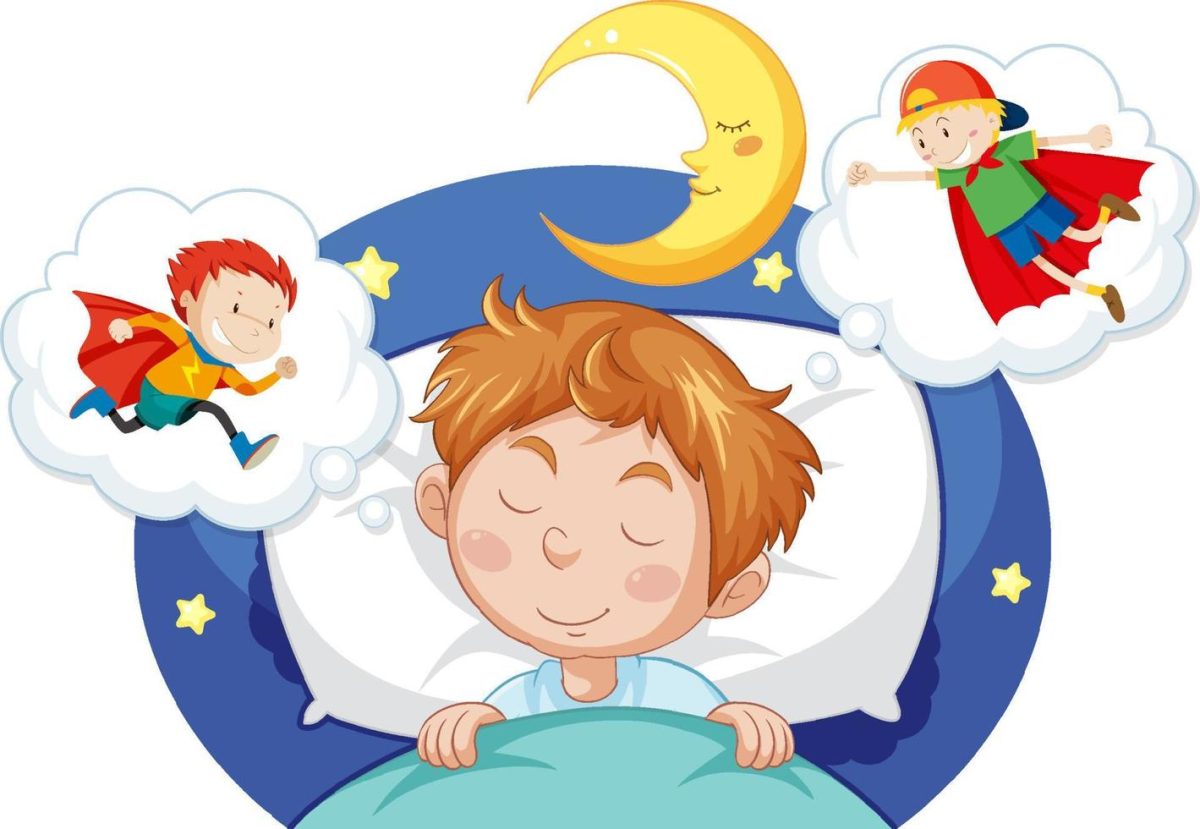As of recent, books are being banned in schools at an unprecedented rate. It’s an irreparable argument; why’re books being banned and why so often?
Book bans have become much more prevalent as of recently; this should come to an end. It’s too prominent, and while sometimes necessary, it needs to cease.
The justification for book bans really revolves around concerns about inappropriate content, political bias or challenges to traditional values. According to PEN America, “30% of book bans during the 2022-23 school year involved content related to characters of color and themes of race and racism, while another 30% addressed LGBTQ+ identities.” In many cases, local school boards, politicians and parent organizations push for these removals, citing the need to protect children.
Censoring books limits students’ exposure to diverse perspectives and important historical discussions. Literature often serves as a gateway to understanding different cultures, experiences, and ideas. By banning books, schools risk creating an environment where students are shielded from uncomfortable but very necessary conversations. While parents have a right to be involved in their child’s education, outright bans prevent all students from engaging with certain materials that may have taught them things, whether tough to learn or not.
The rise in bok bans is not occurring in isolation; it is often tied to broader political and ideological movements. Many of the books being removed from school libraries contain themes that challenge dominant narratives about history, race, gender and identity. Some lawmakers and advocacy groups have pushed for these bans as part of a wider effort to reshape education and limit discussions on topics they personally deem controversial. According to PEN America, “Nearly 1,500 book bans were recorded in Florida between July 2022 and June 2023,” largely driven by state legislation restricting how certain subjects can be taught.” This pattern shows that book bans are less about protecting students and much more about controlling the information they can access.
The issue isn’t just about banning books—it’s about control over knowledge. While it’s hard to disagree with filtering these controversial contents from younger students, maybe up until age 12-14, it’s wrong to try and censor certain contents to more mature minds.














